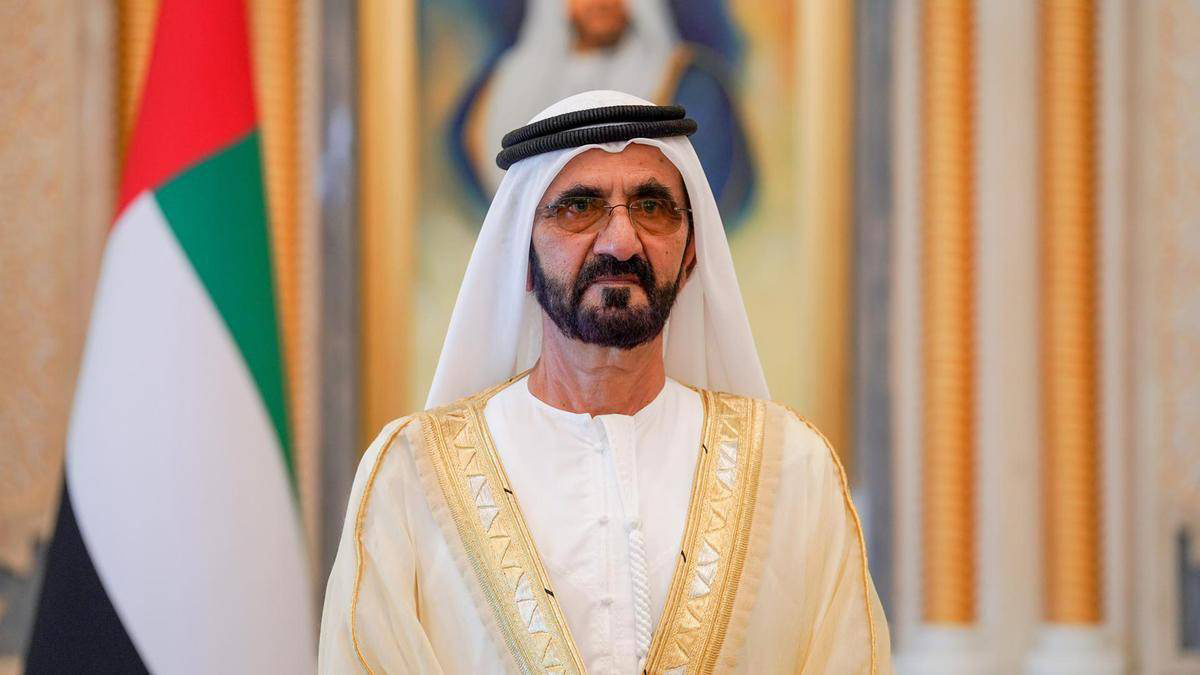Thousands of international visitors affected by temporary airspace closures in the UAE are receiving coordinated support from authorities, airlines and hotels as the country prioritises safety and passenger welfare.
While flight operations remain suspended due to regional developments, UAE authorities have activated contingency plans to ensure travellers are accommodated, informed and assisted during the disruption.
The General Civil Aviation Authority (GCAA) confirmed that passenger safety remains the highest priority, with close coordination between airports, airlines and government entities to manage the evolving situation.
Accommodation and hospitality support
In a move welcomed by visitors, authorities confirmed that the UAE is covering hosting and accommodation costs for affected transit passengers.
Over 20,000 travellers have already been assisted through integrated response measures, including:
- Temporary accommodation
- Meals and refreshments
- Rebooking coordination
- Rerouting support where possible
Hotels in Dubai and Abu Dhabi have been directed to extend stays for guests unable to depart due to the temporary closures. Establishments have been instructed to prioritise guest welfare and ensure visitors are not asked to vacate rooms under exceptional circumstances.
The Department of Culture and Tourism, Abu Dhabi, has issued a circular to hotels requesting that guests unable to depart due to circumstances beyond their control be allowed to extend their stay, with the cost of the extension covered by DCT Abu Dhabi.
Airlines offer flexible travel options
Major UAE carriers, including Emirates, Etihad Airways, flydubai and Air Arabia, have introduced flexible rebooking and refund policies to support affected passengers.
International airlines such as Air India, Air India Express, and IndiGo have also adjusted schedules and offered flexibility.
Travellers are being encouraged to monitor official airline websites and mobile apps for real-time updates.
Tourism and public services operating normally
Despite air travel disruptions, daily life across the UAE continues as normal.
Malls, beaches, theme parks and cultural attractions remain open and operational. Public services are functioning smoothly, and standard safety protocols remain in place.
Authorities have reassured residents and visitors that the situation is being closely monitored and managed with a strong focus on safety and stability.
Clear guidance and communication
Government entities, including the UAE Ministry of Interior and the General Civil Aviation Authority, are providing regular updates through official channels to ensure accurate information reaches the public.
Passengers have been advised not to proceed to airports without confirming their flight status, as airlines continue to communicate directly with affected travellers.
Coordinated response
Officials described the response as a whole-of-government effort aimed at minimising inconvenience while maintaining the highest safety standards.
While the situation remains dynamic and dependent on regional developments, authorities have reiterated their commitment to restoring normal operations as soon as conditions permit.
For now, stranded tourists are being supported through structured contingency plans, underscoring the UAE’s emphasis on preparedness, coordination and visitor welfare.
(Photo courtesy: Abu Dhabi News)
























